Territory and memory +Diversity and inclusion + Identities and exchanges
1/81
There's no tags or description
Looks like no tags are added yet.
Name | Mastery | Learn | Test | Matching | Spaced |
|---|
No study sessions yet.
82 Terms
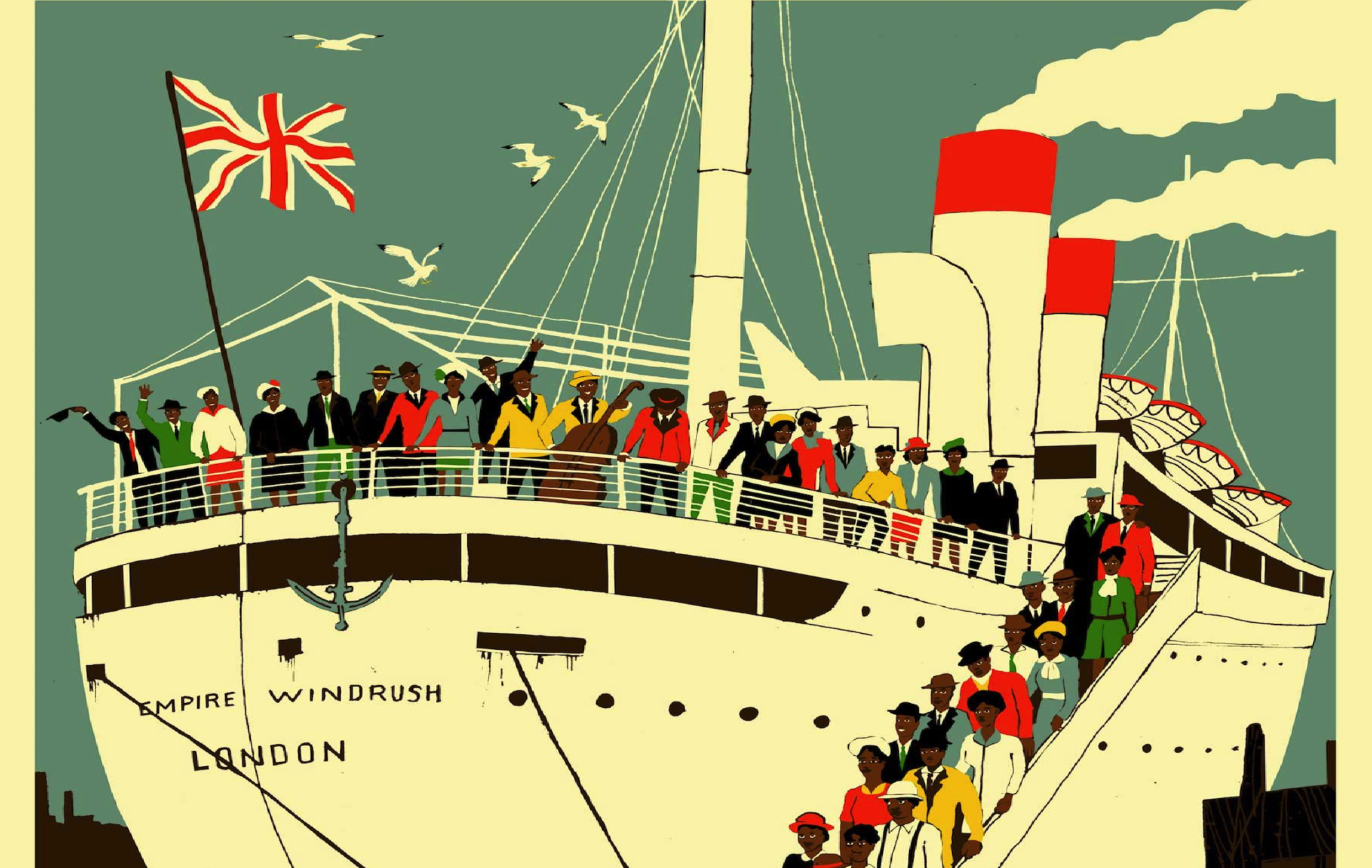
What is it illustrating ?
The doc is illustrating the arrival il London of the first Jamaicans.
What is the name of the boart on where Jamaican traveled
They traveled on the Empire Windrush
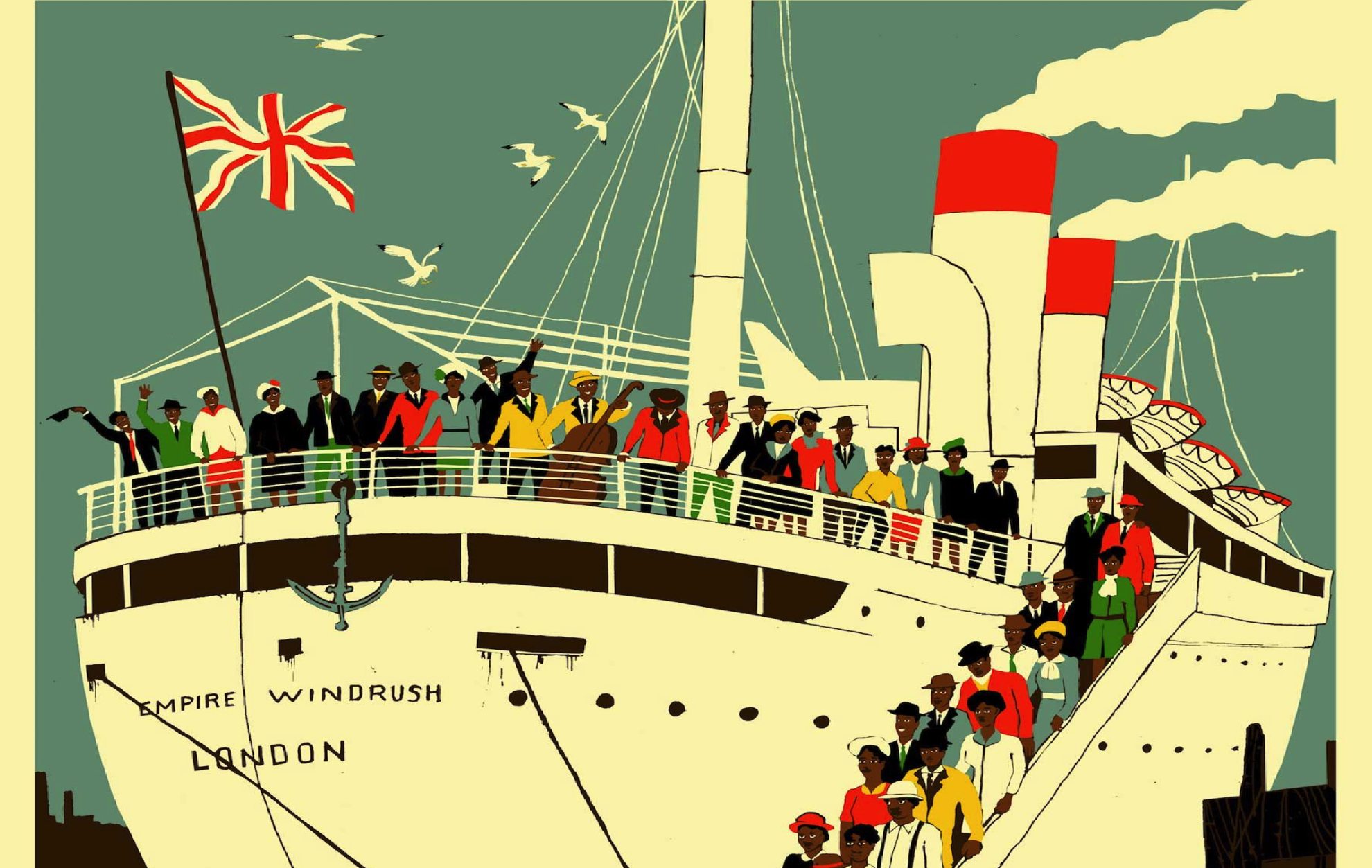
Where are they from
the carabean
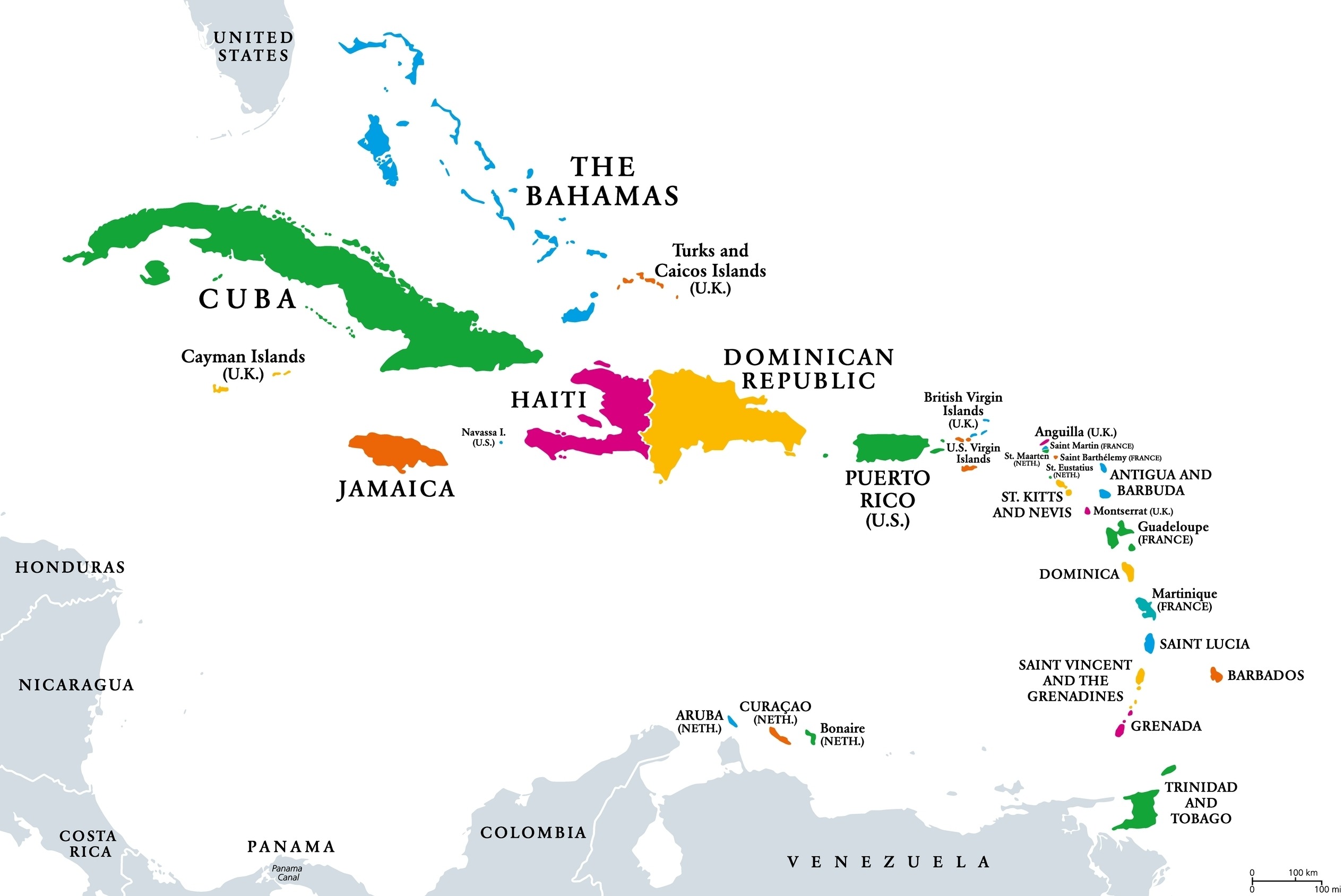
What is this document dealing with?
The document deals with their landing
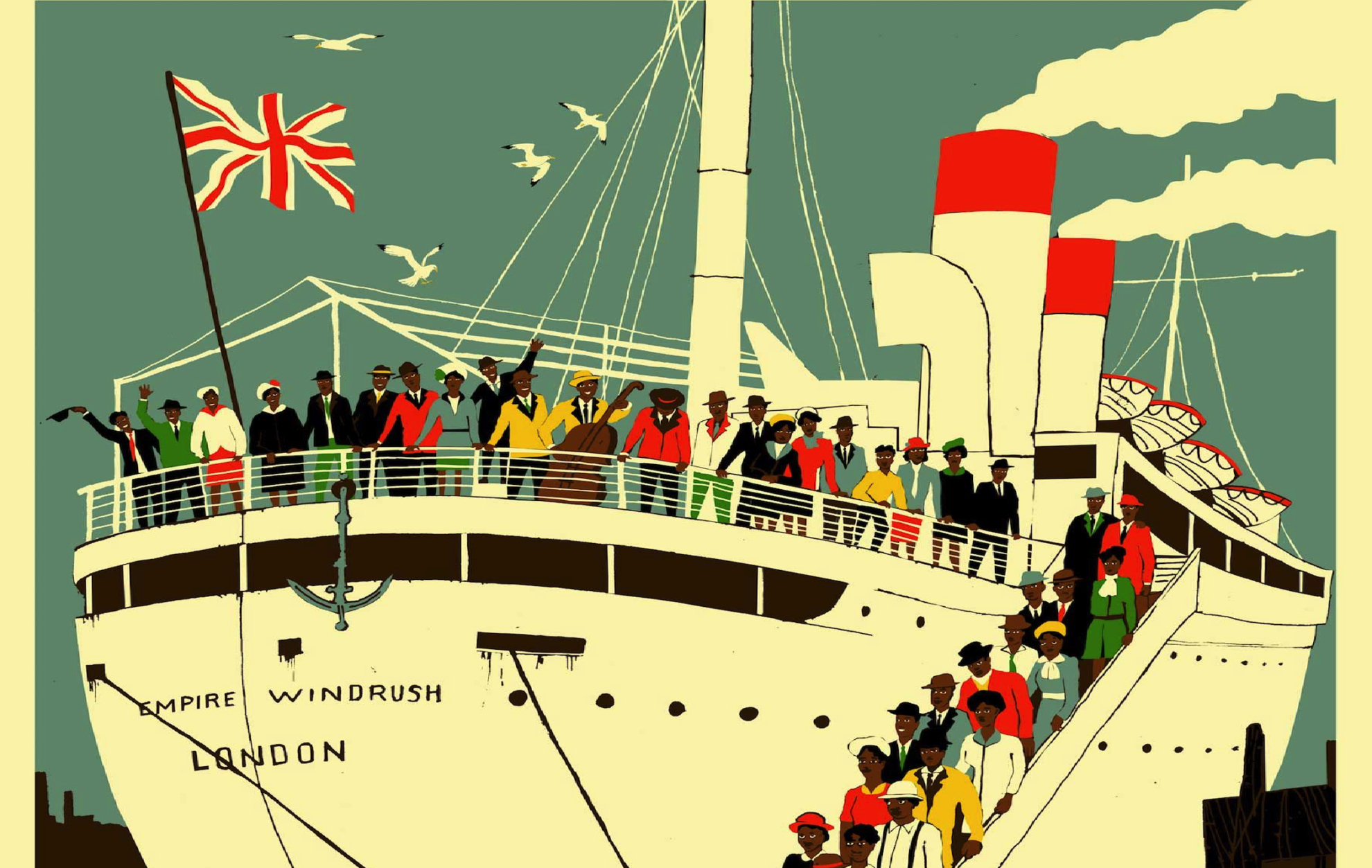
When does their arrival takes place
In 1948, 3 years after WW2
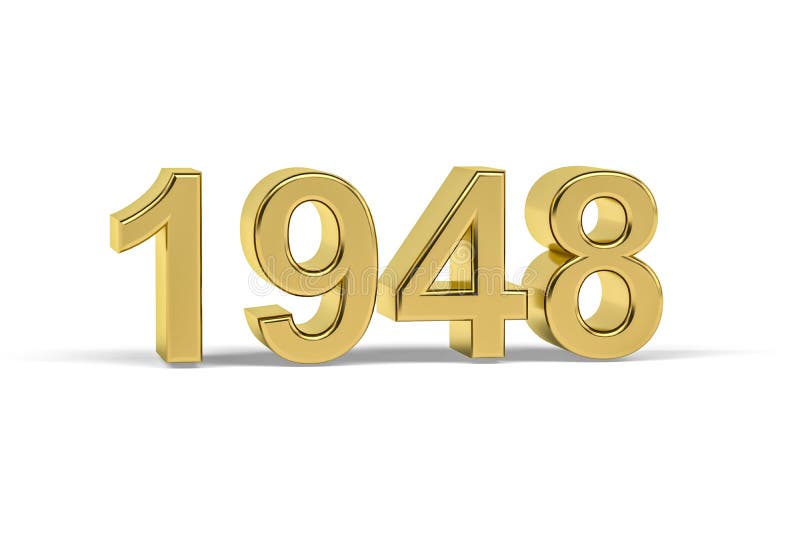
What happend to England during the war
England and London were bombed /they were bombing
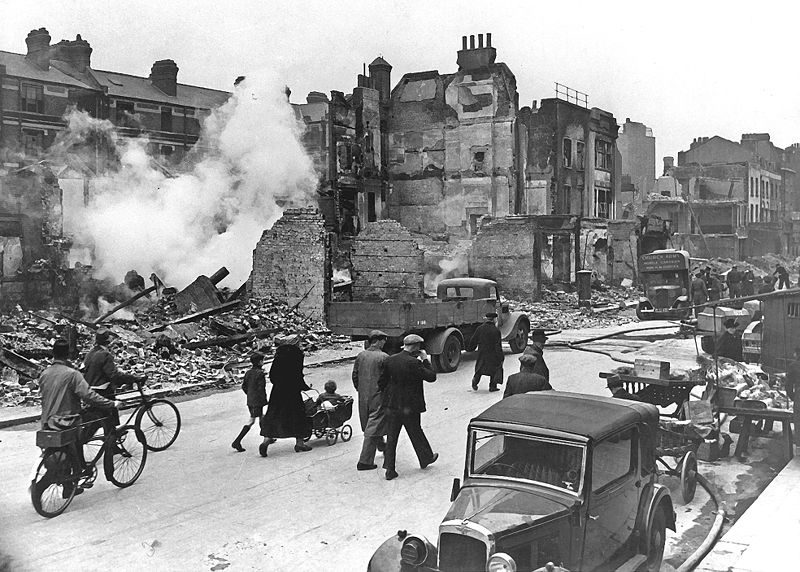
Is their an other thing that happend to England during WW2
A labor shortage
What is the reason for the arrival of Jamaicans in England?
England asked the people living in the British colonies to come fill the labor shortage
How Jamaican knew about the immigrants need of England
There were plenty/ a lot of adverts in Jamaica to urge thème to immigrate and settle down in Britain
What is the British nationality Act (when?)
It allowed the citizens born and living in the British colonies to settle down in Britain so as to work
How was the journey on the Windrush
The journey lasted 10 days and the sea could be rough and they were seasick
What are the people doing in the painting?
They are disembarking from the boat.
What kind of clothes are they wearing?
Colorful, brand new, smart clothes.
What are the men wearing?
Suits and hats
What are the women wearing?
Coats and dresses.
Why did they dress up?
To impress the British.
What are they carrying with them?
Suitcases and all their belongings.
How do they feel when they arrive in Britain?
Excited, thrilled, eager – it’s a fresh start because they are starting from scratch
What expressions show “je souhaiterais”?
To be eager to + verb / to look forward to + V-ing/can’t wait
Example: Correct the sentence → “They look forward to earn money.”
“They look forward to earning money.”
What are they eager to do?
To climb the social ladder, to improve their living conditions, to give their children a better education.
What do they long to do?
To discover Britain.
What do they hope for?
Not to be discriminated against, not to face prejudice, to fit in, to be integrated and welcomed.
Why are some smiling?
They feel hopeful, elated, overjoyed.
Why are others not smiling?
They are tired, exhausted, sad, worried– unsure of what awaits them.
Expression: “They don’t know what is in store for them.” What does it mean?
They don’t know what to expect from the British.
When was the painting made and why?
In 2018, to commemorate the arrival of the first Jamaicans who helped rebuild Britain.
What is Britain’s duty according to the painting?
To remember what they owes th the Jamaican community
contempler
gazing
consternation
dismay
When does the scene take place?
At the end of the 1950s in Great Britain
When does the scene take place?
At the end of the 1950s in Great Britain.
Who are the main characters in the extract?
Poppy, her daughter, and a West Indian (Jamaican) family moving into the neighborhood.
Who is Poppy?
The main character father
How old is Poppy’s daughter?
Around 10 years old.
What is the West Indian family composed of?
The parents, their son, and their daughter.
How did the West Indian family react to their new home?
They were disappointed and dismayed because the house was shabby and dilapidated.
What did the mother expect?
A bright, proper, and welcoming environment.
Why was Poppy excited about their arrival?
She thought they would bring life and color to her dull neighborhood.
How did Poppy feel when they went inside their house?
Frustrated — she wanted to meet them and rushed to tell her father about their arrival.
How did the father react when his daughter came to the café?
He was worried, used to fearing the worst, and was very pessimistic.
Why did the daughter speak in a low voice?
She didn’t want other people to hear and judge her for wanting to befriend the newcomers.
What was the father’s reaction to the new neighbors?
He was racist, xenophobic, and prejudiced. He thought they would bring trouble.
What did the father forbid his daughter to do?
To mix with or play with the West Indian children.
How did the daughter react to her father’s order?
She disagreed, lied to him, and planned to disobey.
What does this show about her personality?
She is open-minded and curious, unlike her father.
What social issue is highlighted in the story?
Racism and discrimination against West Indian immigrants in 1950s–60s Britain.
How does the father represent British society at the time?
He embodies fear, prejudice, and resistance to change.
What does the daughter symbolize?
Hope, tolerance, and the possibility of inclusion.
What does the story suggest about the Jamaican immigrants’ experience?
They faced hostility, poor living conditions, and disappointment, but contributed to shaping modern Britain.
She felt very happy and excited
“She felt elated”
To be surprised or shocked.
“To be taken aback”
In poor condition, old or dirty.
“Shabby”
Intolerant, not open to new ideas or people.
Narrow-minded
Very disappointed or distressed.
“Dismayed”
To fear something might happen
To dread something
In a state of ruin or disrepair.
Dilapidated
To suggest
“To imply”
Une menace
A threat
Impôts
Taxes
Être détenu
Be held in détention
Refuser
Deny
être menacé de
be threatened with
Citoyens
Citizens
être prié de faire qqch / exiger
to be requested to
Rester
Remain
malgré
despite
un étranger
an alien/ foreigner
allocations
benefits
résoudre / s’attaquer
to address (a problem)
réclamer
to claim
Perte
Loss
Fournir
Provide
S'assurer de
To ensure
Politique policy